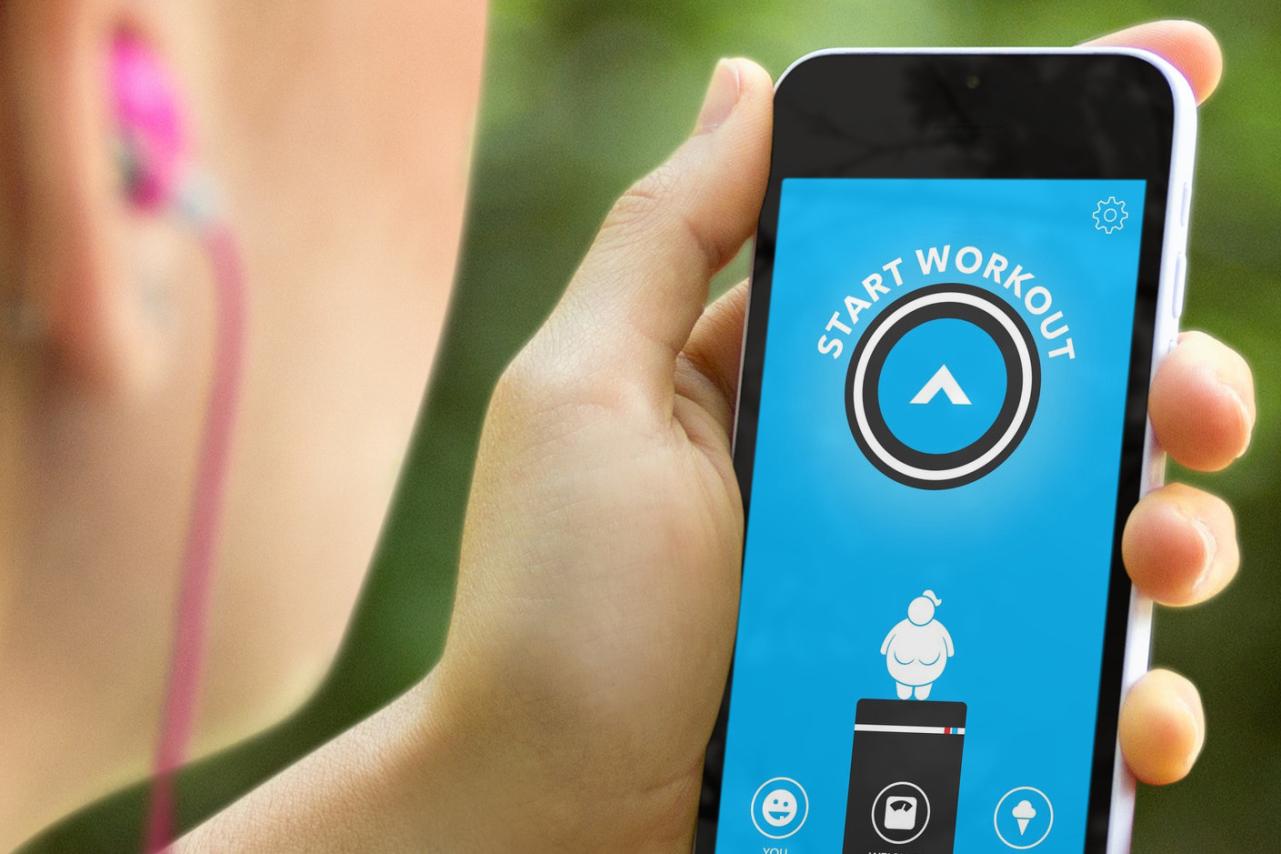Can Fitness Apps Help Me Improve My Cardiovascular Health?
In today's digital age, fitness apps have become increasingly popular as tools for tracking and improving overall health. With the promise of personalized exercise plans, heart rate monitoring, and social support, these apps aim to make fitness more accessible and engaging. But can they truly help you improve your cardiovascular health?

Thesis Statement:
Fitness apps can be a valuable tool for improving cardiovascular health, but they should be used in conjunction with other healthy lifestyle habits.
Cardiovascular Health Overview:
Defining Cardiovascular Health And Its Importance:
Cardiovascular health refers to the health and functioning of the heart and blood vessels. It is crucial for overall well-being as it ensures that oxygen and nutrients are delivered efficiently to all parts of the body. Maintaining good cardiovascular health reduces the risk of heart disease, stroke, and other life-threatening conditions.
Leading Causes Of Cardiovascular Disease:
- High blood pressure
- High cholesterol
- Diabetes
- Smoking
- Obesity
- Physical inactivity
Benefits Of Maintaining Good Cardiovascular Health:
- Reduced risk of heart disease and stroke
- Improved blood circulation and oxygen delivery
- Lower blood pressure and cholesterol levels
- Increased energy levels and endurance
- Improved sleep quality
- Enhanced mood and cognitive function
Fitness Apps And Cardiovascular Health:
How Fitness Apps Can Help:
- Personalized Exercise Plans: Fitness apps provide tailored exercise plans based on individual goals and fitness levels, ensuring a safe and effective workout routine.
- Activity Tracking: These apps track physical activity, including steps taken, distance covered, and calories burned, helping users stay motivated and accountable.
- Heart Rate Monitoring: Some apps offer heart rate monitoring during workouts, providing valuable insights into cardiovascular health and exercise intensity.
- Reminders and Motivation: Fitness apps send reminders to stay active and provide motivational messages, encouraging users to maintain consistency in their exercise routine.
- Social Support: Many apps allow users to connect with friends and family, creating a supportive community that promotes healthy habits and accountability.
Types Of Fitness Apps:
- General Fitness Apps: These apps offer a wide range of workouts and tracking features, catering to various fitness goals and preferences.
- Heart Health-Specific Apps: These apps focus on cardiovascular health, providing specialized workouts and monitoring tools tailored to improving heart health.
- Activity Trackers: These devices track steps, distance, and calories burned, providing basic activity monitoring without additional features.
- Heart Rate Monitors: These devices monitor heart rate during workouts, providing insights into exercise intensity and cardiovascular health.
Choosing The Right Fitness App:
Factors To Consider:
- Individual Fitness Goals and Needs: Consider your specific fitness goals, whether it's weight loss, improved cardiovascular health, or increased muscle strength.
- Compatibility: Ensure the app is compatible with your devices and operating systems to avoid compatibility issues.
- User-Friendliness: Choose an app with a user-friendly interface and easy-to-follow instructions to maximize engagement and adherence.
- Cost and Subscription Options: Some apps are free, while others require a subscription. Consider the cost and subscription options that align with your budget and needs.
- Reviews and Ratings: Read reviews and ratings from other users to gain insights into the app's effectiveness, accuracy, and user experience.
Tips For Using Fitness Apps Effectively:
- Set Realistic Goals: Start with achievable goals and gradually increase activity levels as you progress.
- Find an Enjoyable App: Choose an app that offers workouts and activities you genuinely enjoy to maintain motivation and consistency.
- Use the App Consistently: Regular use of the app is key to achieving and maintaining results. Aim for at least 3-4 workouts per week.
- Monitor Your Progress: Track your progress and adjust your goals as needed. Celebrate your achievements and stay motivated by seeing your improvements.
- Seek Guidance from a Healthcare Professional: If you have any concerns or underlying health conditions, consult with a healthcare professional before starting any new exercise program or using a fitness app.
Limitations And Considerations:
Fitness Apps As A Supplement:
Fitness apps should be used as a supplement to regular check-ups with a healthcare provider. They cannot diagnose or treat medical conditions and should not replace professional medical advice.
Potential Drawbacks:
- Accuracy and Reliability: The accuracy and reliability of data tracking in fitness apps can vary, potentially leading to inaccurate information.
- Privacy and Security Concerns: Some apps may collect and share personal data without proper consent, raising privacy and security concerns.
- Over-Reliance on Technology: Over-reliance on fitness apps may lead to neglecting other aspects of cardiovascular health, such as diet and stress management.

Fitness apps can be a valuable tool for improving cardiovascular health by providing personalized exercise plans, activity tracking, heart rate monitoring, and social support. However, they should be used in conjunction with other healthy lifestyle habits, such as a balanced diet, stress management, and regular check-ups with a healthcare professional. By making informed decisions and using fitness apps effectively, individuals can take proactive steps towards improving their cardiovascular health and overall well-being.
YesNo

Leave a Reply